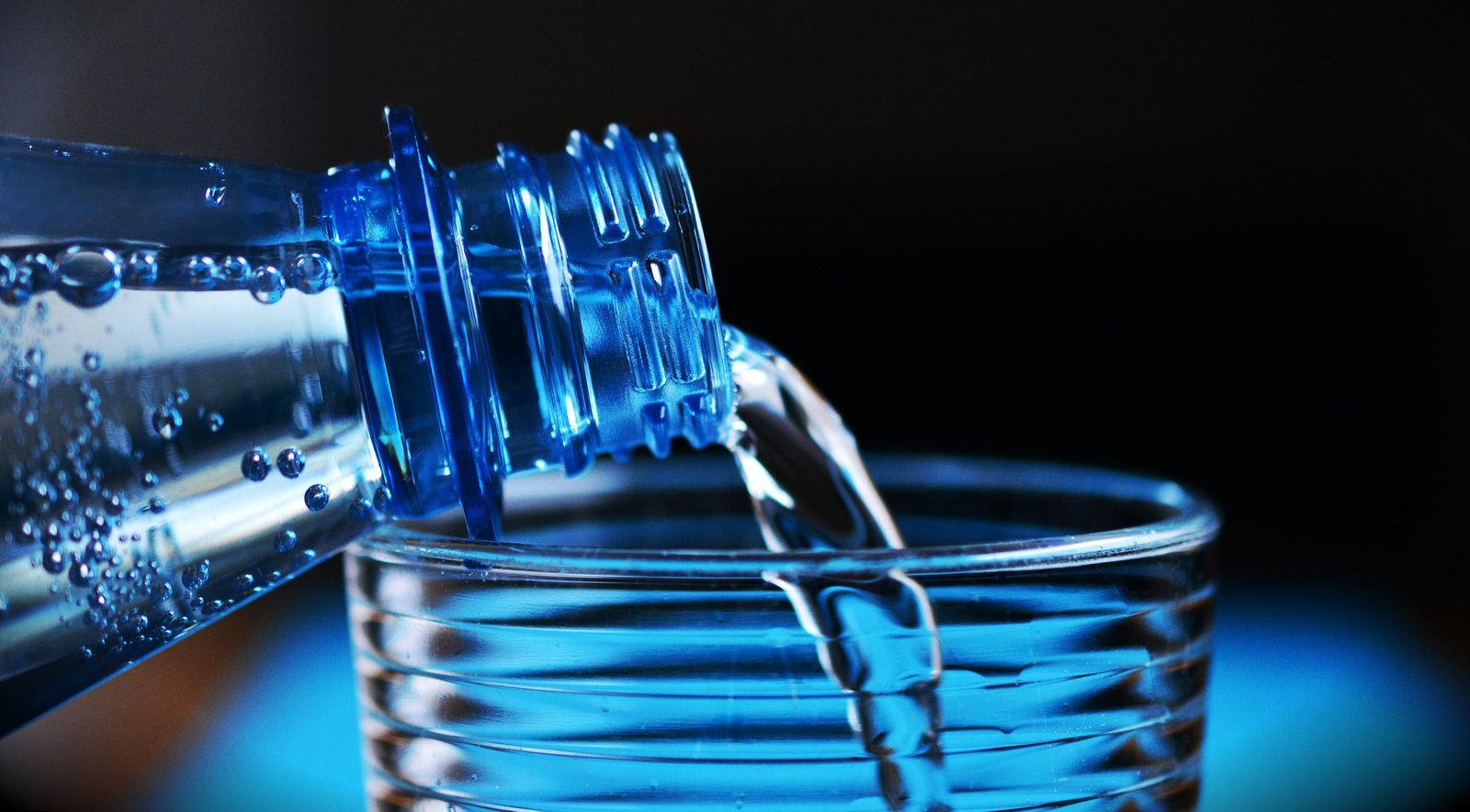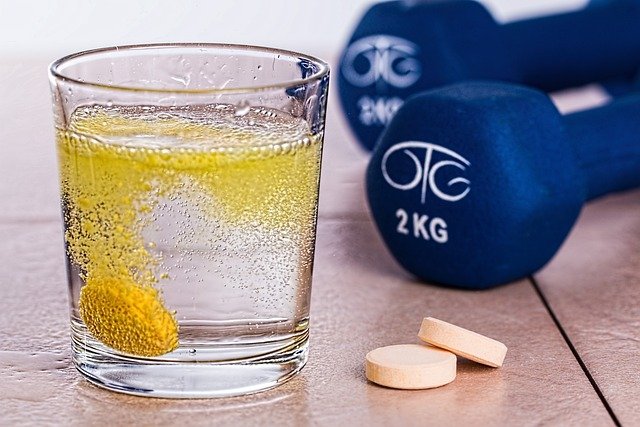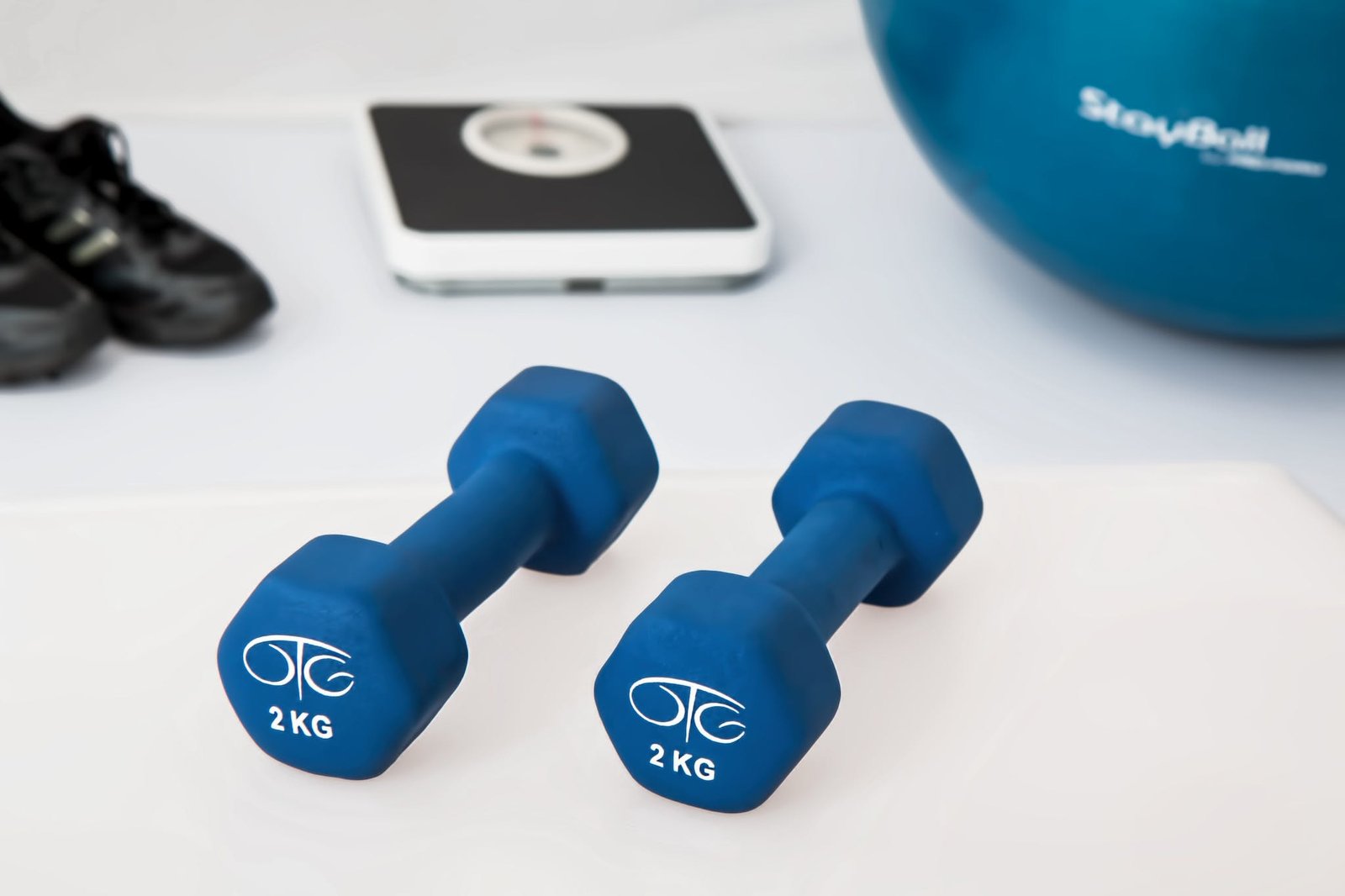Different Ways Water Benefits Your Health
There are some affiliate links below, but they are all products I highly recommend. For more info, view my disclosure here.
Drinking enough water each day provides some amazing benefits for our bodies!
We’ll dive into all the incredible ways water makes us feel our best. I’ll walk you through how it energizes us, supports healthy digestion, flushes out toxins, and so much more. You’ll be amazed at how many ways proper hydration helps us thrive.
So get ready to become a water expert! Together we’ll unlock the full power of water for our health. Staying hydrated will start to feel like our secret superpower.
Hydration and Physical Performance
Staying hydrated can significantly improve your physical performance. When you exercise, your body loses water through sweat, and if you don’t replenish it, you can become dehydrated. Dehydration can lead to fatigue, decreased endurance, and reduced strength. By drinking enough water before, during, and after your workouts, you can maintain optimal hydration levels, which will help you perform at your best.
Water plays a crucial role in regulating body temperature during physical activity. When you sweat, your body cools down, preventing overheating. However, if you’re dehydrated, your body struggles to produce enough sweat, making it harder for you to cool down. This can result in a higher body temperature and an increased risk of heat exhaustion or heat stroke. By drinking water, you can ensure that your body can effectively regulate its temperature, allowing you to exercise for longer periods without feeling overheated.
Furthermore, hydration is essential for proper muscle function. Water helps transport nutrients to your muscles and removes waste products, allowing them to work efficiently. When you’re dehydrated, your muscles can cramp and fatigue more easily, leading to decreased performance. By staying hydrated, you can prevent muscle cramps and optimize your muscle function, enabling you to push harder and achieve better results during your workouts.
Improved Digestion and Metabolism
Drinking enough water helps improve your digestion and metabolism. When you stay hydrated, your body can effectively break down the food you eat and absorb the nutrients.
Water acts as a lubricant, making it easier for food to pass through your digestive system. It also helps prevent constipation by softening the stool and promoting regular bowel movements.
Additionally, water plays a crucial role in the metabolism process. It helps transport nutrients and oxygen to your cells, allowing them to produce energy efficiently. Adequate hydration also supports the breakdown of fats and carbohydrates, aiding in weight management.
Water is involved in the digestion and absorption of nutrients, ensuring that your body gets the most out of the food you consume.
So, remember to drink enough water throughout the day to support your digestion and metabolism. Aim for at least eight glasses a day, and even more if you’re physically active or live in a hot climate.
Your body will thank you for it.
Detoxification and Kidney Health
To support your body’s detoxification process and maintain kidney health, it’s important to ensure proper hydration throughout the day. Water plays a crucial role in flushing out toxins and waste products from your body, allowing your kidneys to function optimally. When you’re adequately hydrated, your kidneys can filter waste and excess fluids more efficiently, reducing the risk of kidney stones and other kidney-related issues.
Drinking enough water also helps to prevent urinary tract infections (UTIs), which can be painful and uncomfortable. Water dilutes the concentration of bacteria in your urine, making it harder for them to cause infection. Staying hydrated is especially important if you’ve had a history of UTIs or kidney problems.
Furthermore, proper hydration supports the overall detoxification process in your body. Water helps to transport toxins and waste products out of your cells and organs, allowing them to be eliminated through urine and sweat. Without enough water, these toxins can build up, leading to a range of health issues.
In addition to drinking plain water, you can also enhance the detoxification benefits by adding lemon or cucumber slices to your water. These natural ingredients can help to boost your body’s cleansing abilities and provide additional vitamins and minerals.
Joint and Muscle Health
If you maintain a regular exercise routine, it can greatly contribute to the health and flexibility of your joints and muscles. Exercise isn’t only beneficial for weight management and cardiovascular health, but it also plays a crucial role in maintaining strong and healthy joints and muscles.
When you engage in physical activities, your joints are put through a range of motion, which helps to lubricate them and prevent stiffness. Regular exercise also promotes the production of synovial fluid, which acts as a cushion and reduces friction between the bones. This can help alleviate joint pain and improve overall joint health.
Additionally, exercise helps to strengthen your muscles. When you work out, your muscles are stressed, and in response, they become stronger and more resilient. This is particularly important for maintaining proper posture, balance, and stability, as strong muscles provide support to your joints and help prevent injuries.
Furthermore, exercise promotes the flow of blood and nutrients to your joints and muscles, aiding in their repair and recovery. It also helps to remove waste products and toxins from these tissues, which can contribute to improved muscle and joint function.
Skin Health and Aging
Taking care of your skin through a consistent skincare routine can help maintain a youthful appearance and prevent premature aging. By following a few simple steps, you can ensure that your skin remains healthy and radiant for years to come.
First, make sure to cleanse your face twice a day to remove dirt, oil, and impurities that can clog your pores. Use a gentle cleanser that suits your skin type to avoid stripping away essential oils.
After cleansing, apply a moisturizer to keep your skin hydrated and supple. Look for one that contains ingredients like hyaluronic acid or ceramides to help lock in moisture.
In addition to cleansing and moisturizing, it’s important to protect your skin from the sun’s harmful rays. Apply a broad-spectrum sunscreen with at least SPF 30 every day, even on cloudy days. Sunscreen not only prevents sunburn but also helps prevent wrinkles, dark spots, and other signs of aging caused by sun damage.
Lastly, don’t forget to exfoliate regularly to remove dead skin cells and promote cell turnover. This can be done using a physical exfoliator like a scrub or a chemical exfoliator like alpha-hydroxy acids. Just be sure not to overdo it, as excessive exfoliation can irritate your skin.
Brain Function and Mental Clarity
Maintaining mental clarity and optimal brain function requires giving your brain the nutrients it needs through a balanced diet and regular exercise. But did you know that water is also crucial for your brain health?
Staying hydrated is essential for maintaining cognitive function and mental clarity throughout the day. When you’re dehydrated, your brain can’t function at its best, leading to decreased focus, memory problems, and even mood swings.
Water plays a vital role in keeping your brain working efficiently. It helps deliver oxygen and nutrients to the brain cells, ensuring they can function properly. Additionally, water aids in the removal of waste products from the brain, preventing the buildup of toxins that can impair cognitive function.
Dehydration, on the other hand, can lead to reduced brain volume and shrinkage of brain cells, ultimately affecting your cognitive abilities.
Drinking enough water is especially important during mentally demanding tasks or when you’re feeling stressed. Research has shown that even mild dehydration can negatively impact your mood, attention, and memory.
Weight Management and Appetite Control
To effectively manage your weight and control your appetite, it’s important to understand the role of portion sizes and mindful eating. When it comes to weight management, portion control is key. Paying attention to the amount of food you consume can help you maintain a healthy weight and prevent overeating.
Mindful eating, on the other hand, involves being fully present and aware of your eating habits. By eating slowly and savoring each bite, you can better listen to your body’s hunger and fullness cues, which can prevent you from overeating.
Another important aspect of weight management is choosing nutrient-dense foods. These are foods that provide a high amount of nutrients while being relatively low in calories. Filling your plate with fruits, vegetables, lean proteins, and whole grains can help you feel satisfied without consuming excessive calories. It’s also important to listen to your body and eat when you’re truly hungry, rather than eating out of boredom or emotions.
In addition to portion control and mindful eating, regular physical activity is crucial for weight management. Engaging in activities that you enjoy, such as walking, swimming, or dancing, can help burn calories and maintain a healthy weight.
Overall Immune System Support
One way to support your overall immune system is by getting enough sleep each night. When you don’t get sufficient sleep, your immune system becomes compromised and you’re more prone to infections and illnesses.
During sleep, your body produces and releases proteins called cytokines, which help regulate your immune response. Lack of sleep can reduce the production of these proteins, making it harder for your body to fight off harmful pathogens. Additionally, sleep deprivation can lead to chronic inflammation, which can weaken your immune system over time.
It is recommended that adults aim for 7-9 hours of sleep each night to maintain a healthy immune system. Establishing a regular sleep schedule and creating a relaxing bedtime routine can help improve the quality and duration of your sleep. Avoiding stimulating activities before bed, such as using electronic devices or consuming caffeine, can also promote better sleep.
Creating a comfortable sleep environment, with a cool and dark room, can further enhance your sleep quality. By prioritizing sleep and ensuring you get enough rest each night, you can support your overall immune system and help keep yourself healthy and well.








